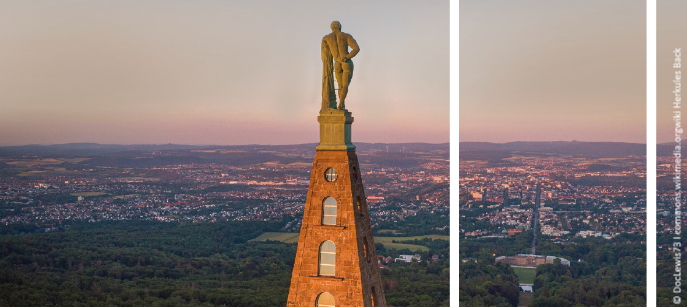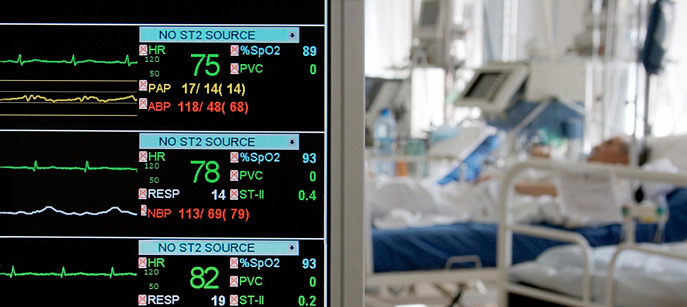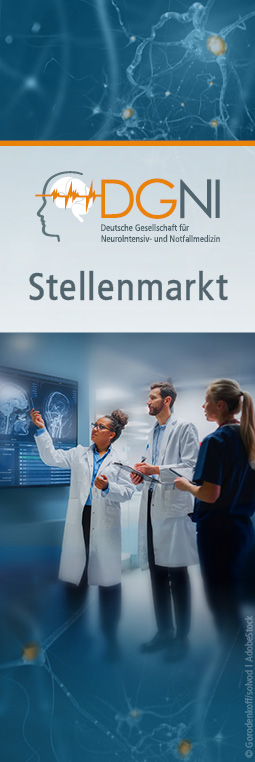Möchten Sie Ihre Veranstaltung aus dem intensivmedizinischen, neurointensivmedizinischen oder notfallmedizinischen Bereich auf der Homepage der DGNI veröffentlichen?
Dann senden Sie eine E-Mail mit den Veranstaltungsdaten an info@dgni.de!
Interdisziplinäres Symposium ESO ESMINT ESNR Stroke Winter School 2024
ESO ESMINT ESNR Stroke Winter School 2024
Applications are now open through 31 October 2023: strokewinterschool.com
Applicants will be selected based on their CV and motivation (registration via website). Selected candidates will need to confirm that they will participate at the course.
The fee for the 2024 course will be 400 EUR, as a participation in costs for room and board. Participants will need to cover travel expenses, any activities outside the official programme, and any other personal expenses during they stay.
Applications will be accepted through 31 October (23:59 CET).
More information can be found in the 2024 flyer and below.
ESO, together with ESMINT and ESNR, endorses a winter course for young stroke physicians and neuroradiologists on the topic of acute interdisciplinary stroke treatment.
The primary goal of the ESO- ESMINT-ESNR winter school on acute interdisciplinary stroke treatment is to join European young stroke physicians and young neuroradiologists in order to enhance interdisciplinary management of patients with acute ischaemic stroke. A series of concentrated high quality teaching sessions and courses on acute stroke management will be offered at a low price.
The secondary goal of the winter school is to perform “hands-on” courses for interventional neuroradiologists and special teaching sessions for stroke physicians.
The winter school offers a unique method of teaching. Combining plenum sessions, discussions and technical training, it fosters improvement in treatment of cerebrovascular disease and advance research in this complex field, leading to technical developments.






